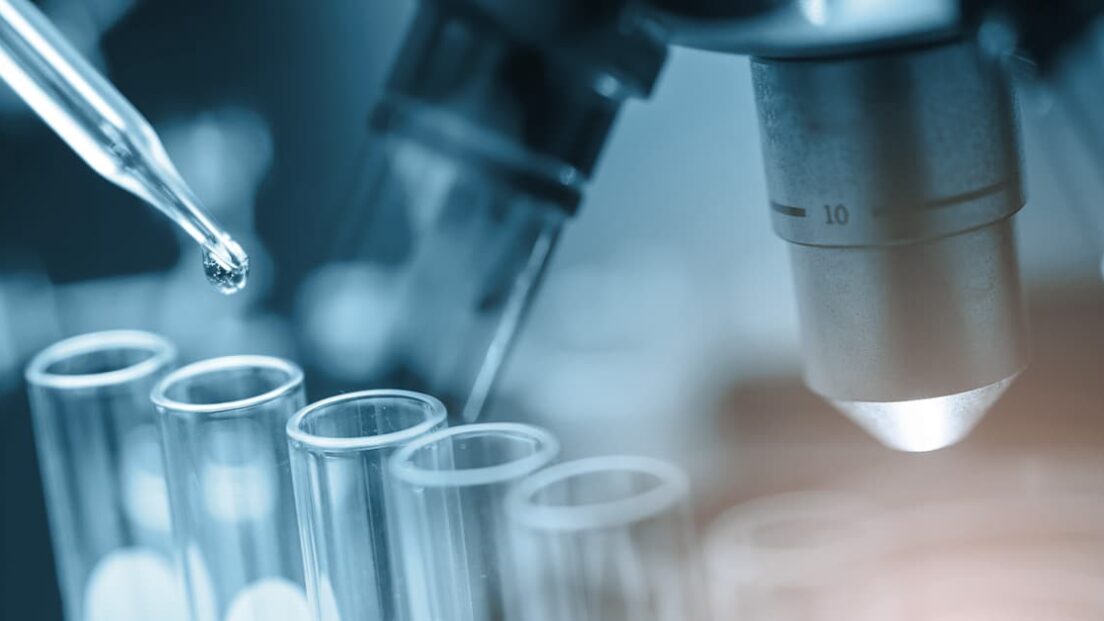HSLU opens microbiological analysis laboratory in Hergiswil

The Lucerne University of Applied Sciences and Arts (HSLU) has set up a microbiological analysis laboratory in Hergiswil. Here, interdisciplinary research can be conducted on germ contamination in air, water and on surfaces. The current focus is on air disinfection and combating legionella.
Interdisciplinary research on microbial contamination is now possible at the HSLU. For this purpose, a microbiological analysis laboratory has been set up at the university’s location in Hergiswil, the university informs in a statement. “Here, the expertise of the departments of medical technology, building technology and process engineering is combined,” Benoit Sicre, expert for air hygiene and indoor air quality at the Institute of Building Technology at HSLU, is quoted there. “This allows us to achieve optimal research, development and service quality.”
In principle, a wide range of analyses can be carried out in the new laboratory. As examples, the statement lists the reprocessing of disposable medical clothing or the effect of a UV LED lamp in disinfecting an air stream. Currently, the focus is on interdisciplinary issues of air disinfection and the control of legionella.
For research with pathogens such as legionella, the laboratory has been aligned with the requirements of biological safety level 2. Legionella has gained in importance since the temperature of boilers is often set too low to kill the germs in the course of energy-saving measures. In addition, the pathogen is difficult to detect, explains Christina Giger from the Institute for Medical Technology at HSLU. “We regularly exchange information with other laboratories to keep our knowledge up to date.” The HSLU researchers use this knowledge to test strategies for avoiding legionella or disinfectants.